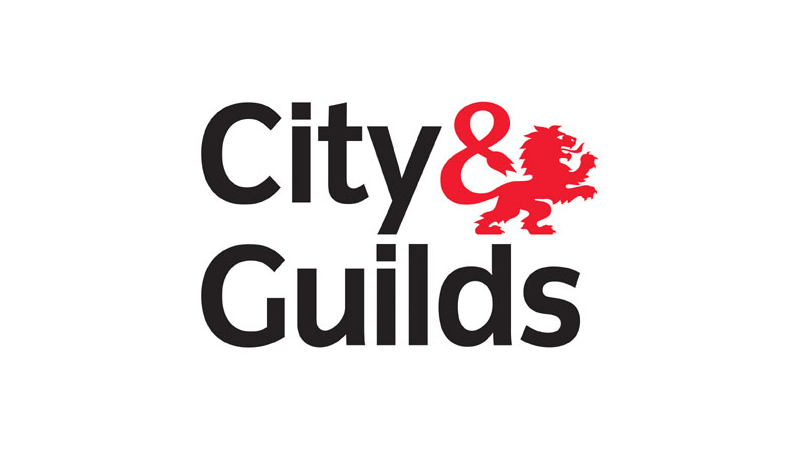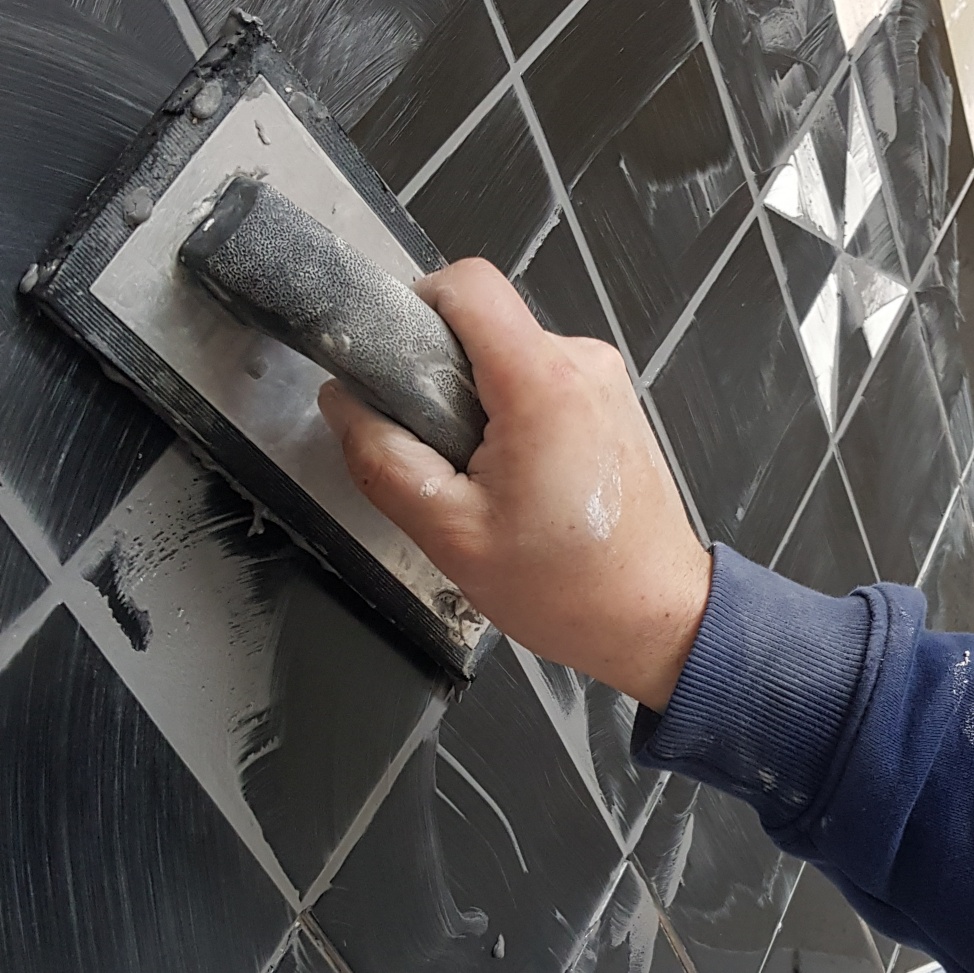Wall and Floor Tiling Courses
We offer a variety of wall and floor tiling courses to suit all needs. The two main options below are 'Professional' and 'Short'. Our short courses are affordable and range from 1 to 15 days, these are specifically designed for home owners wishing to complete basic tiling installations, and other trades who want to extend their construction skills in wall & floor tiling. Our professional course options range from 4 to 8 weeks and offer full NVQ qualifications at level 2 and level 3, these are for those who want to change career and become a full time skilled wall and floor tiler working in the tiling construction industry.
Common Questions about Tiling Courses
Courses near you - Local courses will be cheaper to attend due to travel and accommodation, but what you achieve from completing the course is what matters, Goldtrowel are passionate about your end ability and future work prospects.
How long does it take to learn to tile? - From 1 day to 8 Weeks depending on your needs, consider what can be learnt in a short time, we have learnt that you cannot become a working tiler without a minimum of 3 weeks training and 4 weeks before starting an NVQ to become a qualified skilled tiler, but if your looking to complete your own home tiling project then 5 days will give you enough skills for most domestic tiling jobs.
Do I Need Qualifications to be a Tiler? - There is no legal requirement to work as a wall and floor tiler in the UK, however you are far less likely to get work without qualifications, customers are attracted and feel more confident employing qualified tilers, UK building sites cannot let you work on there sites without an NVQ, you will need a full NVQ Level 2 in wall and floor tiling, this is for insurance purposes more than anything, this is the only qualification that denotes you are a competent qualified wall and floor tiler.
Unfortunately many training companies and colleges only teach and award training Diploma qualifications, these are good but will not enable you to get your CSCS card.
What do I need to learn during a Tiling Course? - Wall and Floor Tiling has many areas such as ceramic, porcelain, natural stone, mosaic tiling, large format, victorian tiling, swimming pool, wet room, tanking (waterproofing), Surface preparation, Screeding and much more, a competent wall and floor tiler should learn all these subject areas, but you may not!
How to get a CSCS card? - Getting your CSCS card will ensure you can work anywhere in the UK, it is mandatory to work on construction building sites and very straight forward to get when taking our NVQ Tiling course. You can get all the information on CSCS cards here.
Can anyone do a tiling course? - Yes anyone can start a tiling course, whether you have experience or no experience we often find those with no experience actually learn quicker as the have no bad habits to kick! Tiling courses suit all ages and genders as you don`t need to be super fit or strong to tile.
 NVQ Tiling Course Information
NVQ Tiling Course Information
NVQ is a competence qualification, to achieve this you have to be assessed in real `live` work. There are 3 levels of NVQ in wall & floor tiling (construction). Level 1 is very basic and generally something school leavers start with. Level 2 is a skilled worker, someone who knows what they are doing. Level 3 is the highest NVQ in Wall and Floor Tiling, this level is generally for business owners who tend for contract work, others that require a level 3 are instructors / teachers and assessors.
NVQ is the most desired qualification, it is recognized through out the world, including for emigration purposes. It tells employers and customers that you are qualified. NVQ is also the only qualification that enables you to attain your Blue CSCS card.
 City & Guilds Tiling Courses
City & Guilds Tiling Courses
City & Guilds are an awarding body, they offer both, NVQ (competence) and their own (training) qualifications, unless the qualification says `NVQ` in the title then it will be a training qualification, training qualifications are the most common, and most colleges offer this, they will be either `Award`, `Certificate` or `Diploma`, whilst these are good qualifications, there are hundreds of them, all varying in duration and subject depth, many providers offer Tiling Diplomas, this qualification can be very good (dependent on level and duration) but they will not gain you your CSCS card, therefore stopping you from working on building sites.
Tiling Course Reviews
Please click on the link to read our past wall and floor tiling course learners reviews, this will take you to Goldtrowel`s Google reviews which are the best course reviews to get an honest opinion, Goldtrowel welcome feedback, we listen to our learners ensuring maximum results.
Tiling Help Files
Visit our help files which will give you access to our wall and floor tiling guides and information, here you will find all types of how to guides and general tiling information.
Tiling Course Gallery
Visit our Wall and Floor Tiling Gallery where you can see past students training, most of which are now out there working enjoying life and proud of what they have achieved, remember 'Success is a journey not a destination'
Wall and Floor Tiling - A Brief History
Tiles have been `fired` since around 400 B.C, either in Egypt or China, they were brought to the UK by the Romans in the 8th century, but really took of in the 1850s when mass production techniques started, this was advanced again after the 2nd World War with tunnel kilns, this made the tiles quicker to make, higher quality and cheaper to manufacture.
